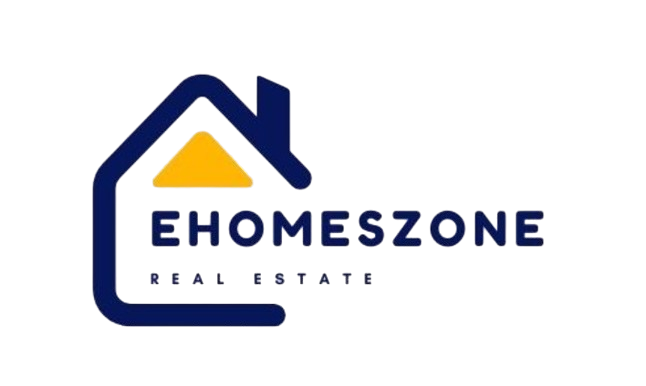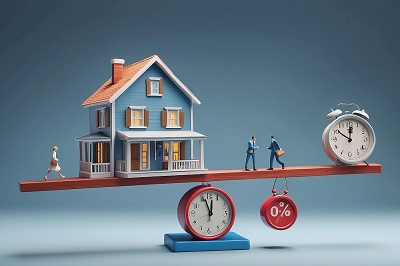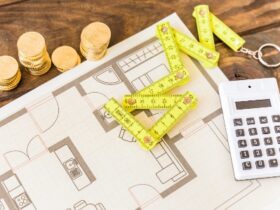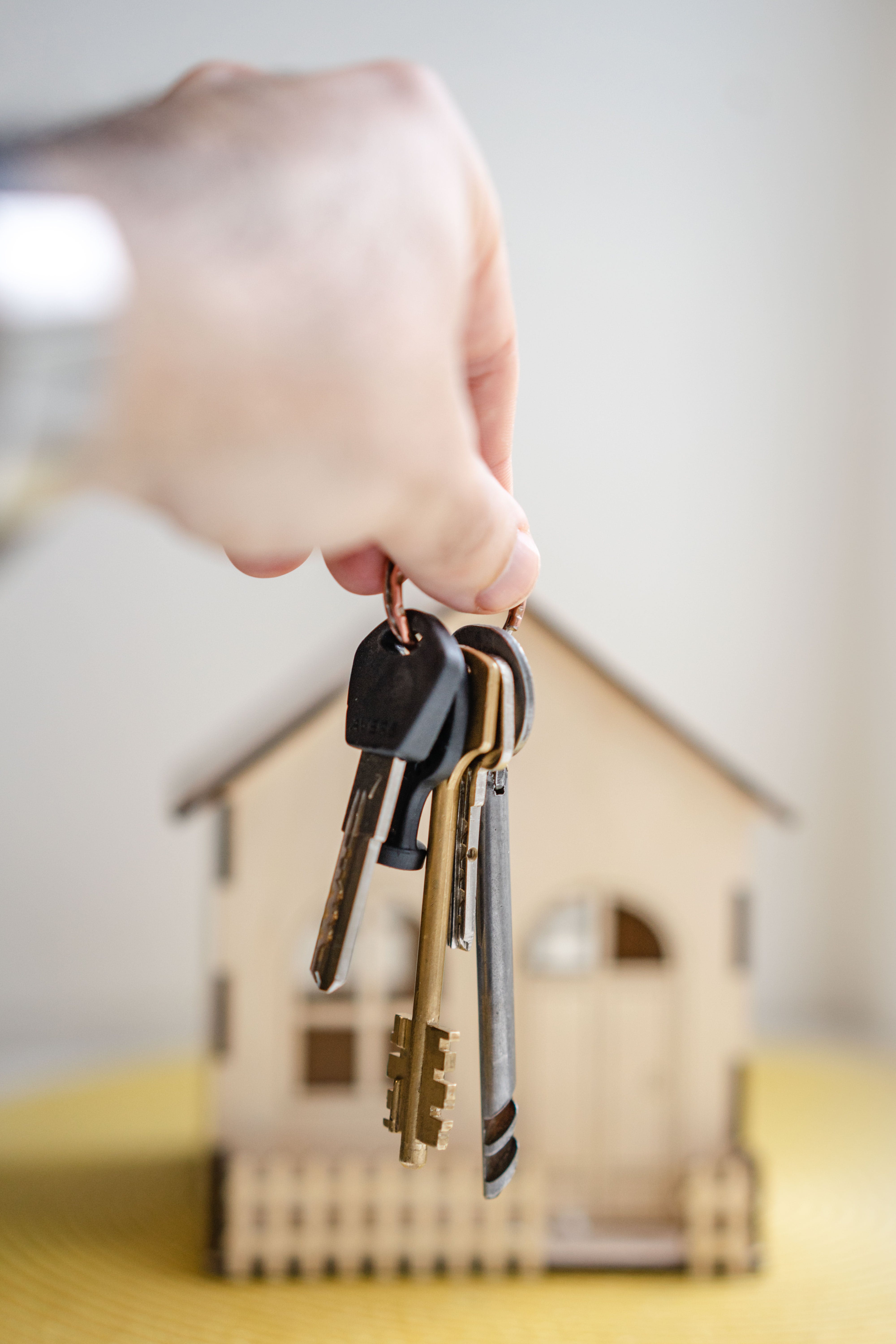When it comes to real estate, timing is everything. Whether you are looking to buy or sell a home, understanding the market dynamics can significantly influence your decision. While market trends fluctuate, there are key factors to consider when determining the optimal time for a transaction. Below, we break down the essential considerations to help you determine when the best time might be for buying or selling a home.
Understanding Market Cycles in Real Estate
Real estate markets often move in cycles, driven by supply, demand, and economic conditions. These cycles generally consist of four stages:
- Recovery Phase: After a downturn, the market begins to recover. Prices are low, and buyer confidence starts to build.
- Expansion Phase: During this phase, economic conditions improve, leading to increased demand for housing. Prices rise, and more properties are listed.
- Hyper Supply Phase: The market becomes oversaturated, with a surplus of homes available. Price growth slows, and the risk of a downturn increases.
- Recession Phase: A decline in economic conditions leads to a decrease in demand. Home prices fall, and fewer properties are sold.
Understanding where the market stands in this cycle can guide your decision to buy or sell.
Best Time to Buy a Home
The question of when to buy a home is often tied to personal circumstances, but market conditions play a crucial role as well. Here’s what to consider:
Spring and Summer: Buyer Competition
Spring and summer are traditionally the busiest seasons for the real estate market. Warmer weather, extended daylight, and the end of the school year make these months popular for homebuyers. During this time, there are generally more homes available for sale, offering a wider selection. However, this also means increased competition, leading to potential bidding wars and higher prices.
Fall and Winter: Less Competition, Better Deals
If you’re looking to avoid stiff competition and potentially secure a better deal, fall and winter might be your ideal buying seasons. During these months, fewer buyers are active, leading to less competition. Sellers during this period are often more motivated, possibly allowing for negotiations on price. Keep in mind, though, that the selection of homes is usually more limited during the colder months.
Interest Rates: A Major Influencer
Interest rates have a direct impact on how much home you can afford. When rates are low, buyers have more purchasing power. On the other hand, rising interest rates can decrease affordability, which may lead to fewer buyers and a decline in home prices. Monitoring interest rate trends is essential for making a well-timed home purchase.
Best Time to Sell a Home
Just as with buying, timing your home sale strategically can have a significant impact on the final sale price and how quickly your property sells.
Spring and Summer: Peak Selling Season
Spring and early summer are prime selling times. This is when the market typically sees the highest number of buyers, and homes tend to sell faster and for higher prices. Many families are looking to move during this time to settle in before the new school year begins. Homes are more likely to receive multiple offers, driving up the final sale price. However, with more homes on the market, sellers may face more competition, so it’s crucial to ensure your home stands out.
Fall and Winter: A Focused Market
While the fall and winter months bring fewer buyers, those still searching for homes are usually more serious. Sellers during this period may not have to worry about as much competition, but they should be prepared for homes to stay on the market longer. Pricing becomes critical, as buyers expect better deals during the off-season.
Market Trends and Local Factors
Timing your home sale should also be influenced by local real estate trends. Some areas may have year-round appeal due to desirable weather or strong economic conditions, while others may be more seasonal. Researching your local market, or consulting with a real estate agent who understands these trends, can be invaluable in determining the best time to list your home.
Economic Indicators to Watch
Several economic factors can influence both buying and selling decisions. Being aware of these indicators can help you time the market more effectively.
Unemployment Rates
When unemployment rates are low, buyer confidence is typically higher, leading to increased demand for housing. Conversely, high unemployment can result in fewer buyers and lower home prices.
Inflation
Inflation affects the cost of living, which can have an impact on housing demand. When inflation rises, purchasing power declines, which may cause home prices to stagnate or fall.
Consumer Confidence
Consumer confidence is a measure of how optimistic people are about the economy. High consumer confidence often leads to increased spending, including on real estate. When consumer confidence is low, fewer people are likely to buy or sell homes, leading to slower market conditions.
Other Considerations for Buyers and Sellers
Besides market timing, personal factors also play a crucial role. Whether you’re buying or selling, it’s essential to consider your financial situation, lifestyle needs, and long-term goals.
For Buyers: Personal Readiness
Before diving into the housing market, make sure you are financially prepared. This means having a stable income, a good credit score, and enough savings for a down payment and closing costs. Also, consider how long you plan to stay in the home. If you’re planning to move within a few years, it might not be worth buying, as transaction costs can outweigh potential gains.
For Sellers: Home Improvements and Staging
Before listing your home, consider making small improvements or repairs to increase its appeal. Staging your home can also make a significant difference. Homes that are staged tend to sell faster and for more money.
Timing the sale of your home to coincide with favorable market conditions while ensuring your home is in prime condition can help you maximize your profit.
Conclusion
In the world of real estate, timing is critical, whether you’re buying or selling. By understanding market cycles, keeping an eye on economic indicators, and factoring in personal circumstances, you can make more informed decisions. Both buyers and sellers benefit from careful planning and strategic timing, leading to better outcomes in the long run.










Find Us on Socials